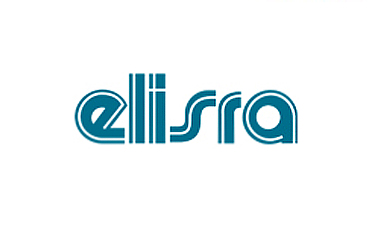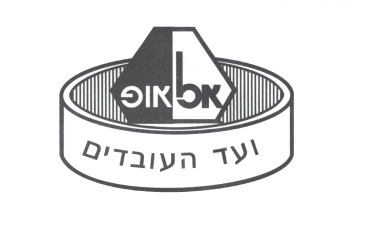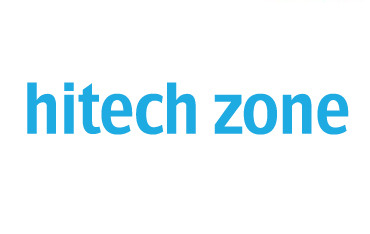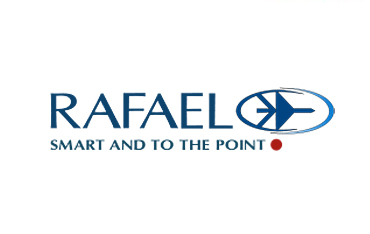Mortgages for Paying up Short-Term Loans or an Overdraft
Everyday, and almost everywhere, we use various banking services as part of our routine. Undoubtedly, out of all services they offer, credit is the highest in demand, whether through the use of a credit card, by paying with postponed checks, by dividing some bill voucher into several payments, by withdrawing cash from an automatic machine, or through the use of automatic monthly payments directly from one’s bank account. When we take such actions, we become a credit consumer.
Credit dictates one’s agenda, for a private as well as business consumer, as both need sources of funding and can fail in obtaining them. Early planning of one’s budget is very important, although this has yet to become a part of Israeli culture. The banks’ past practice of supporting frequent and continuous deviations from one’s approved credit has not assisted with this matter. Only in January 2007 did the instructions of the Bank Supervisor to completely put a stop to deviations from approved credit limits become effective.
In most cases, the bank account’s credit limit is insufficient, and many customers such as private persons and small and medium businesses are faced with financing problems (not necessarily as a result of the new law). Consequently, they need additional sources of funding, in order to achieve improved flexibility and convenience, reduced costs, immediate availability as far as market demand, and in short: financial security. When consumers do not depend on banks which refuse to extend any further credit, and when they don’t overburden their financial obligations, they have better maneuvering options and can focus on producing instead of obtaining loans.
The inability to differentiate between ongoing expenses and significant one-time expenses in one’s cash flow leads to a “credit jam”, whether we are business or private customers. We can then find ourselves taking repeated expensive short-term loans, although we know we cannot pay them up before even taking them. This snowball accumulates momentum and usually leads to complete bankruptcy if a thorough solution is not utilized in a timely manner.
An additional problem concerning the normal credit limit provided by the bank lies with its “draconian” costs and terms. Interest on credit provided by the various banks ranges from prime + 3.5% to prime + 7%. And if this isn’t enough, you can add the “credit allocation fee”, “document preparation fee” and more.
It turns out mortgage banks and insurance companies offer a solution to this problem too. If you own a real estate property, they will gladly mortgage it and provide you with a tailor made loan. The term of the loan will be significantly longer than what is offered by commercial banks, and the wide variety of mortgage programs will allow you to solve the problem of limited credit once and for all.
Additionally, the mortgage is usually provided under much more convenient terms, and is normally less expensive than the “overdraft” credit. When calculating for the long term, these differences can amount to thousands or tens of thousands of NIS, if not more.












